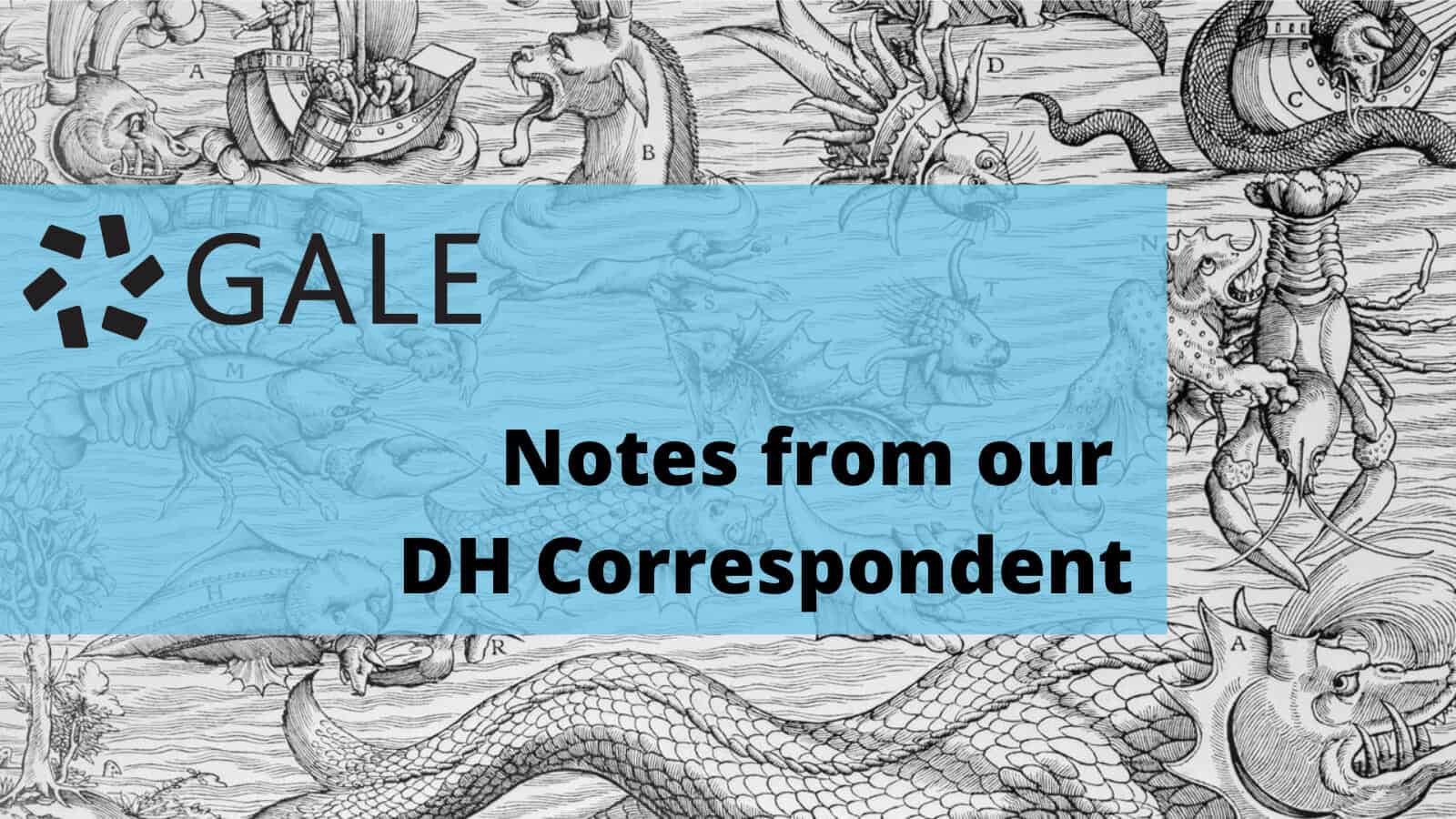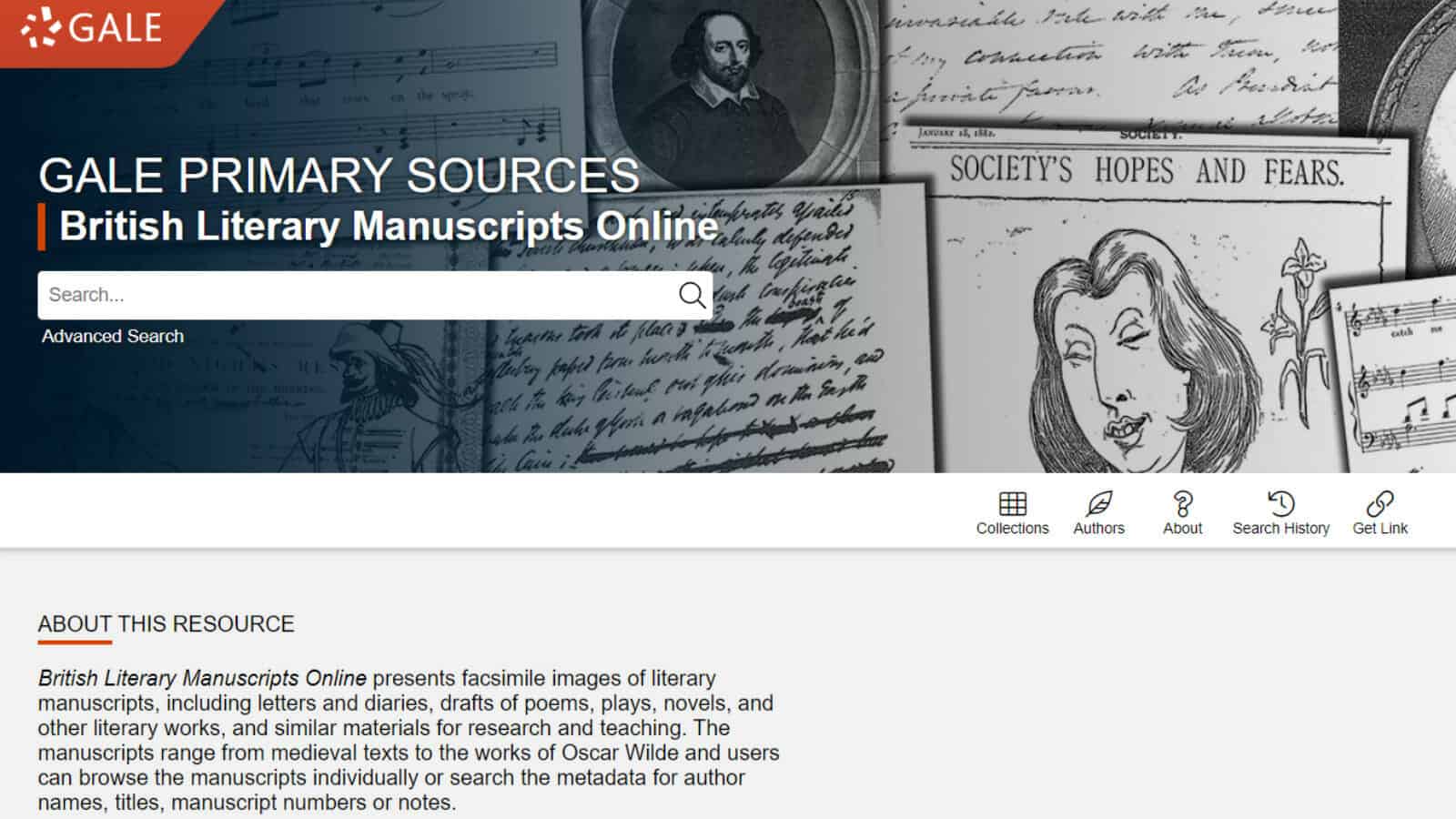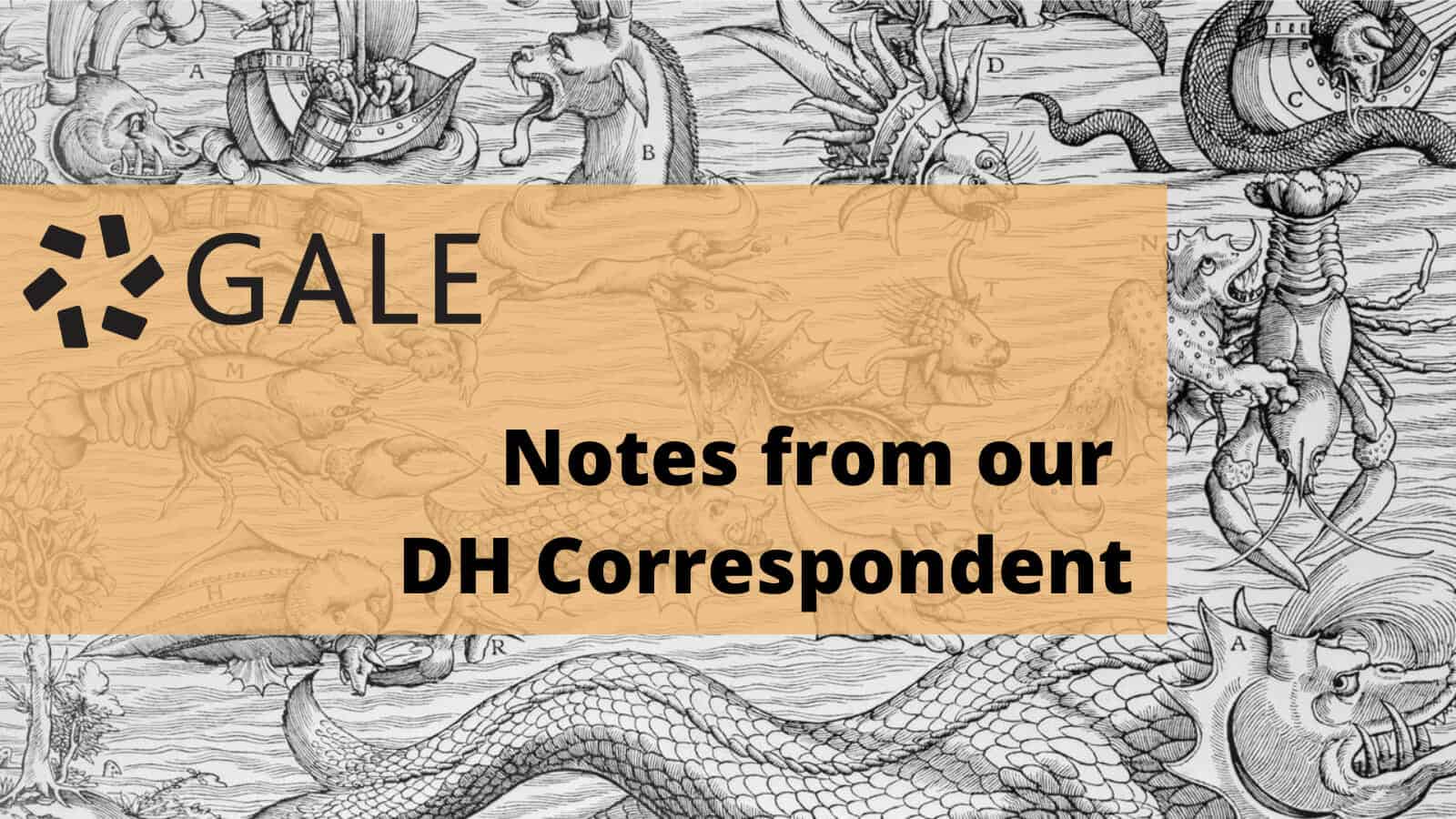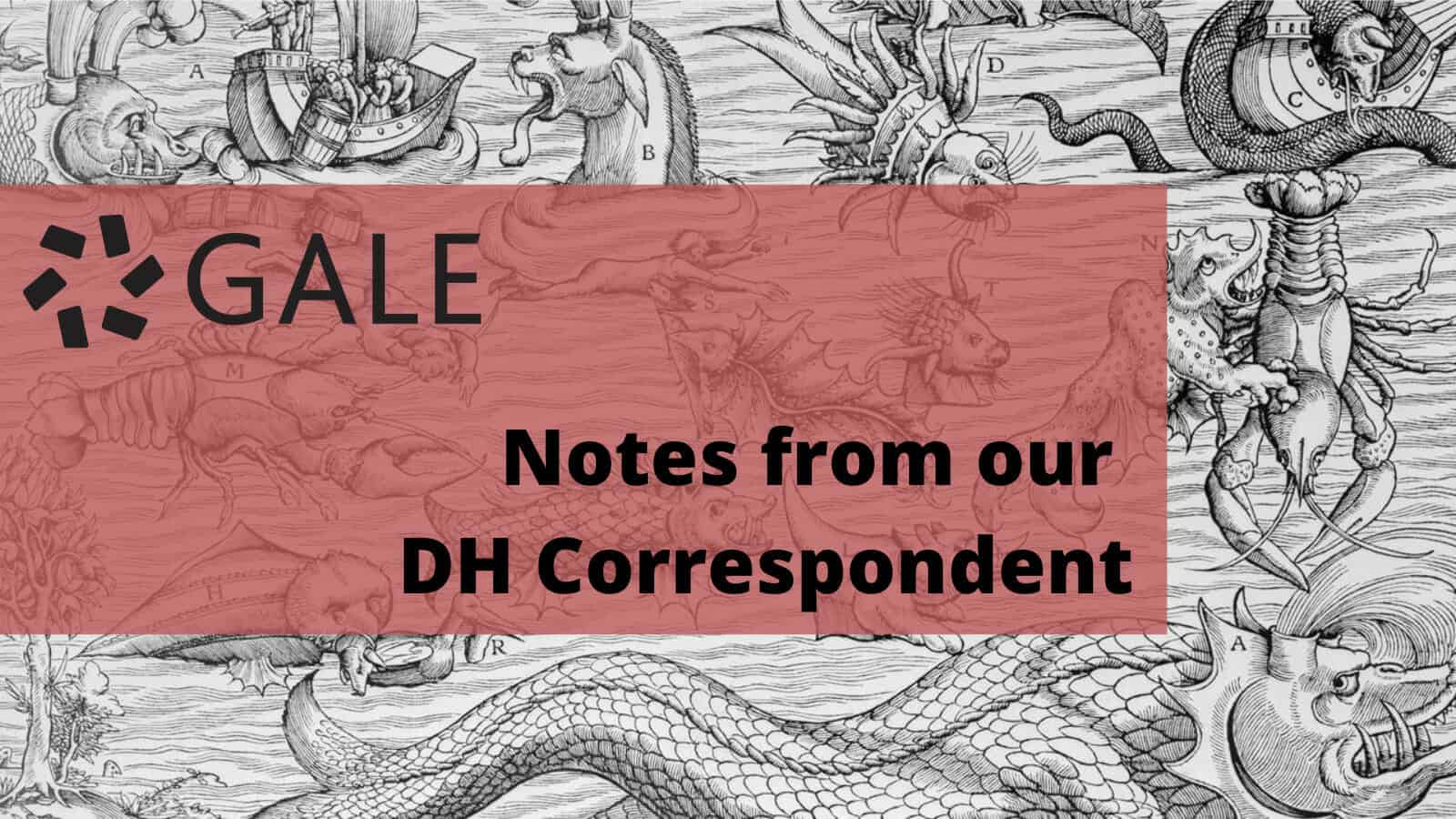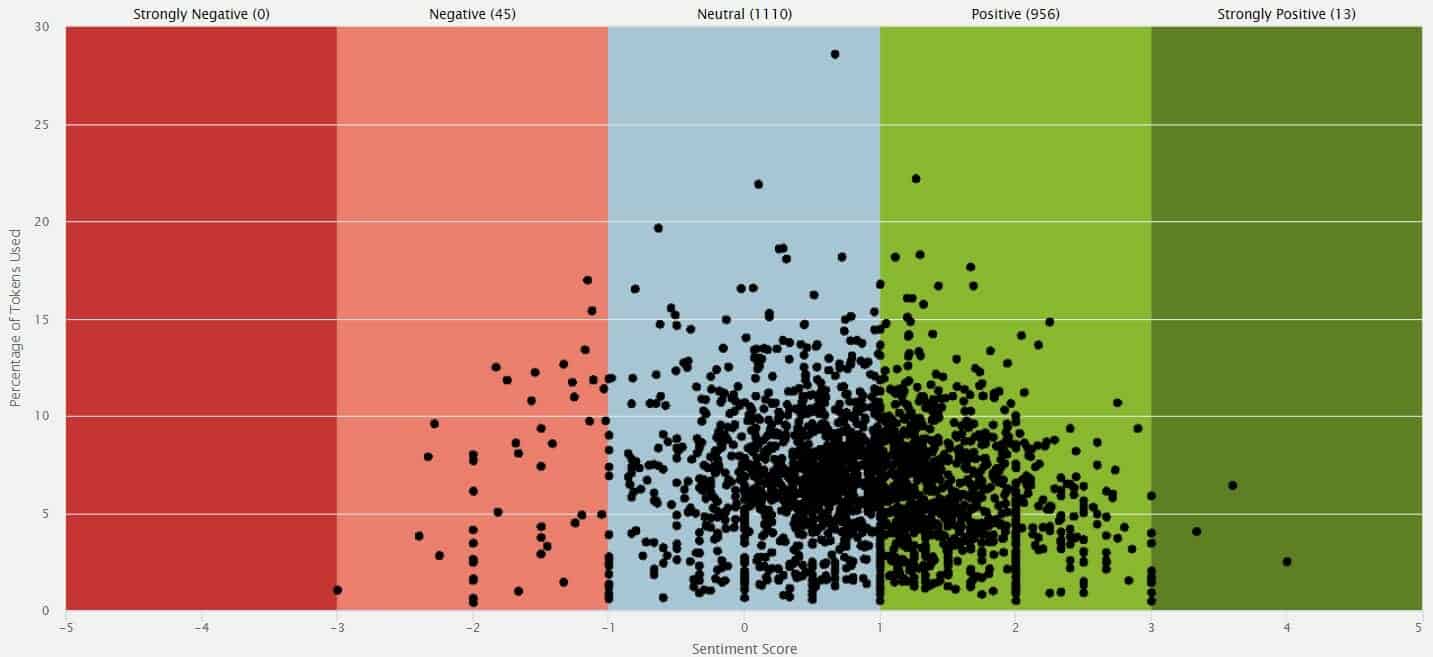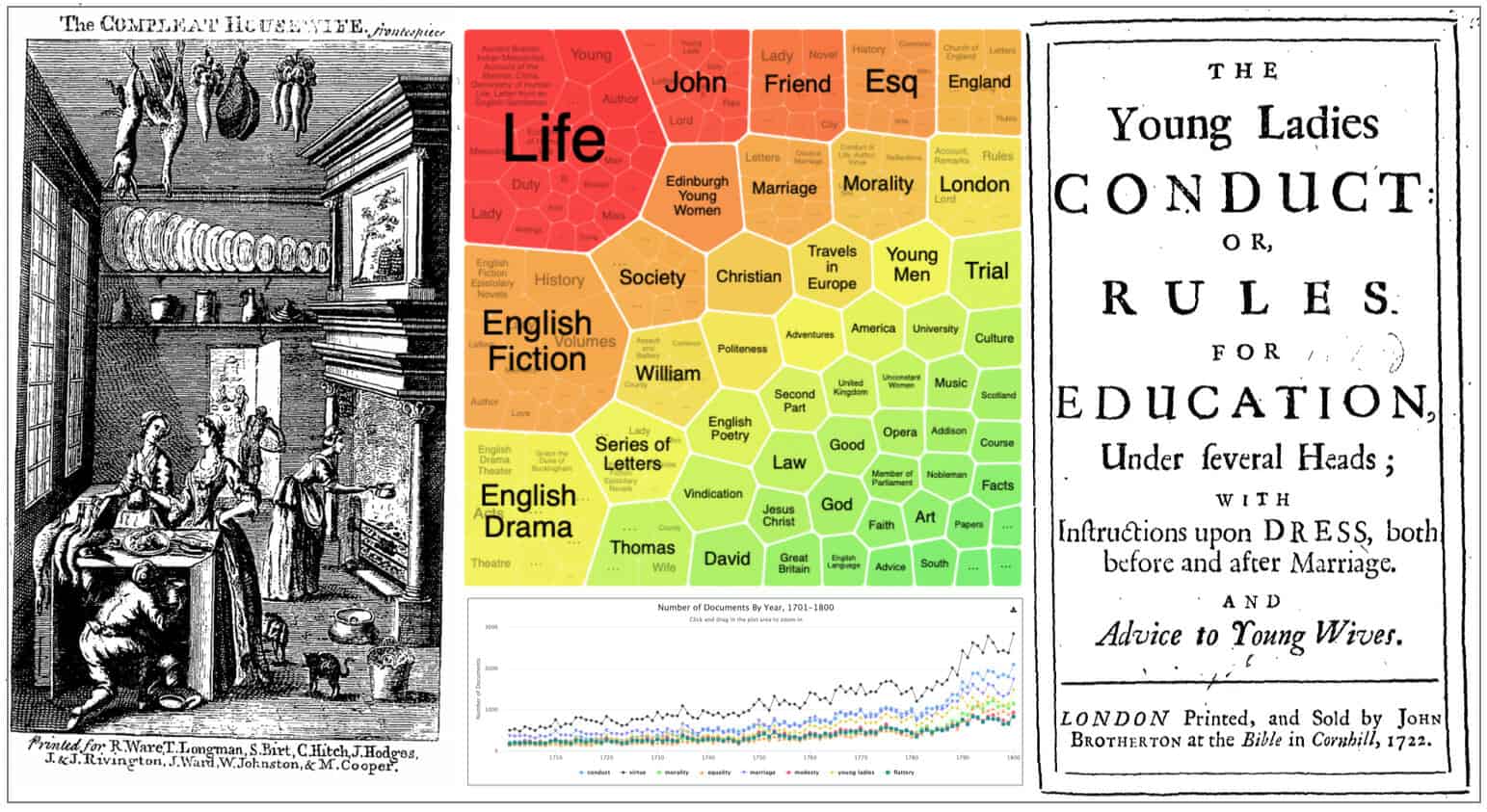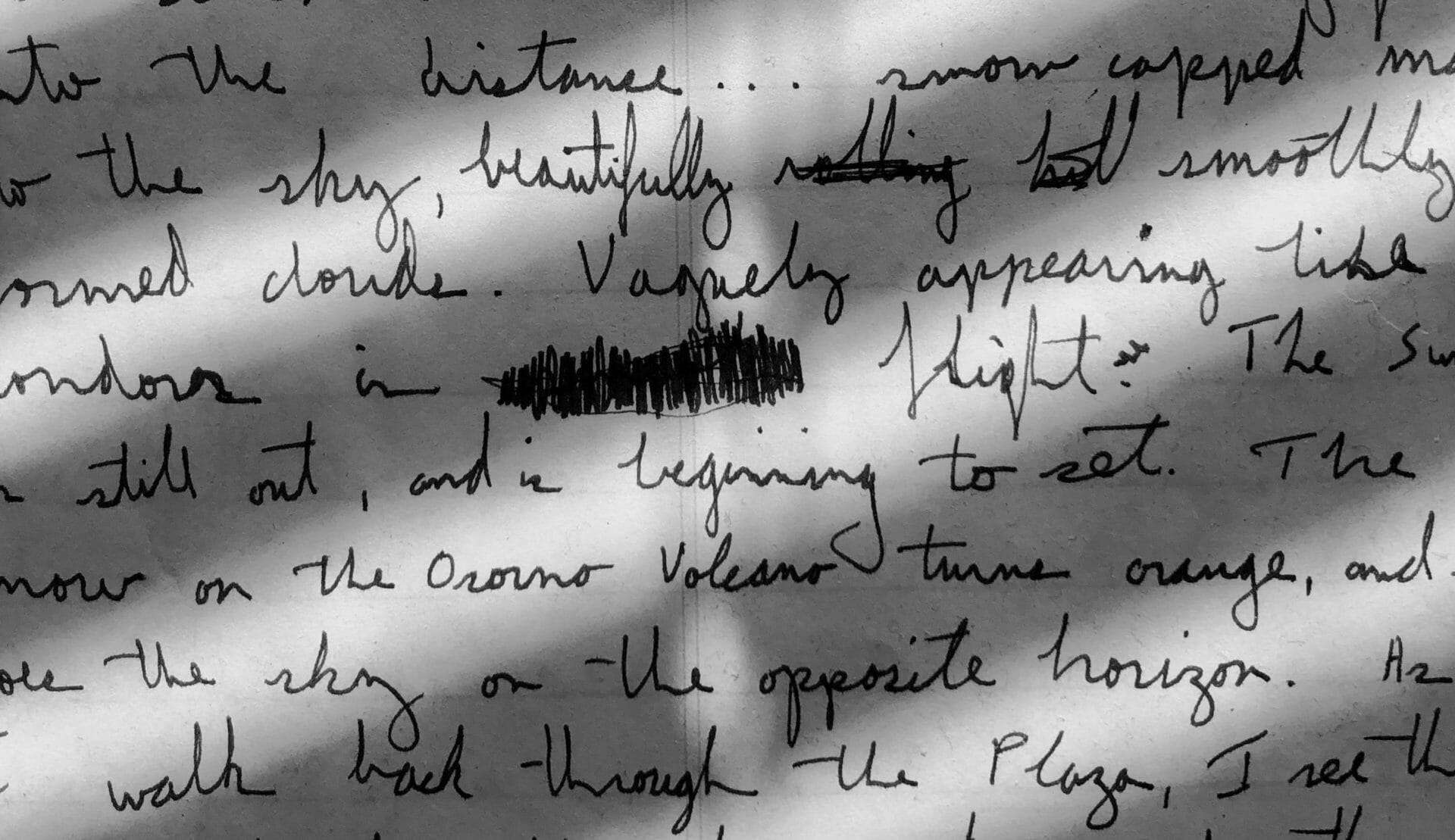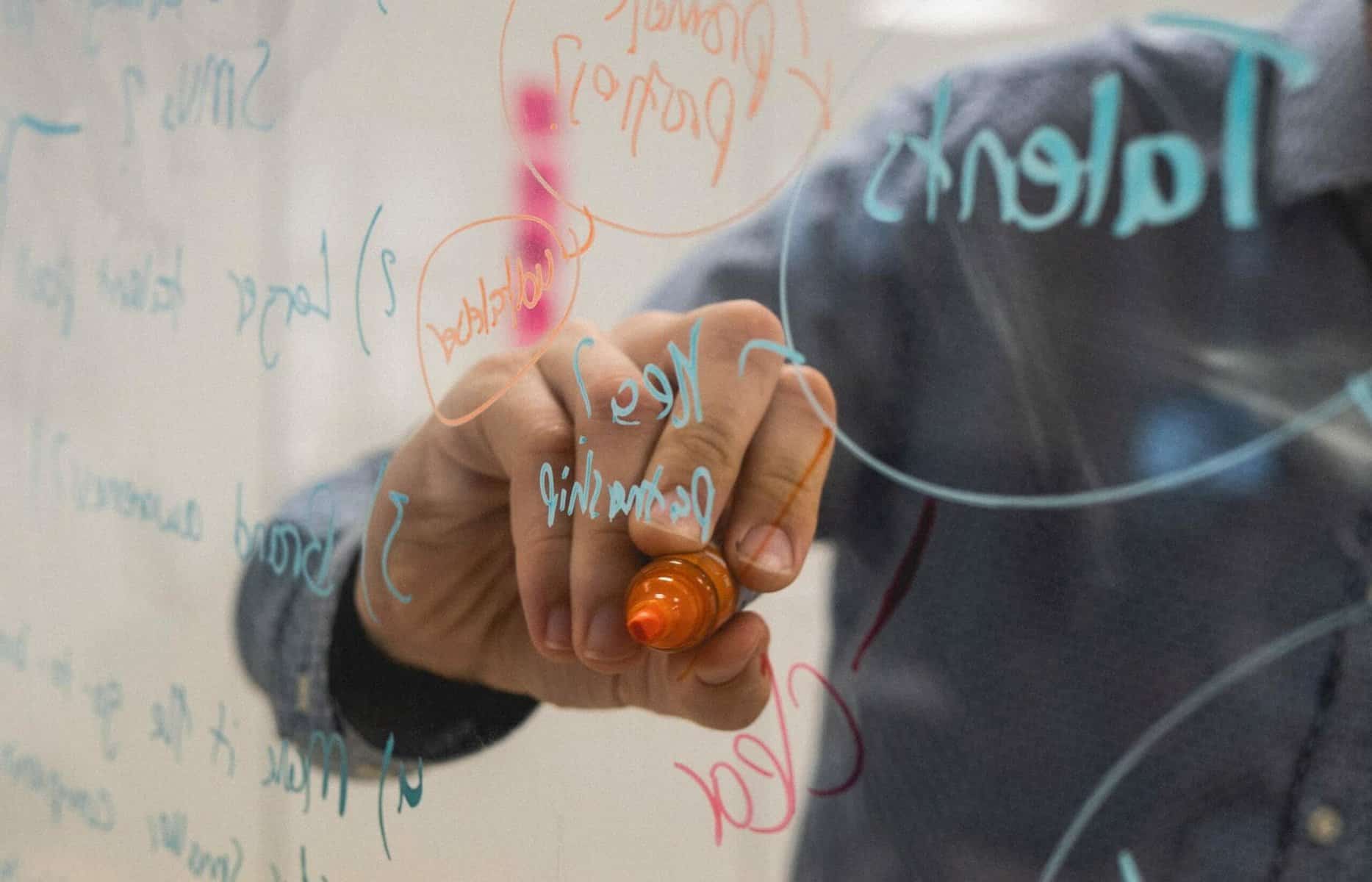│By Sarah L. Ketchley, Senior Digital Humanities Specialist│
Sentiment Analysis can be described as an exploratory form of analysis that reveals trends or patterns in positive, negative or neutral sentiment of a collected set of documents (a ‘Content Set’). This type of analysis can identify avenues for further research or investigation at both a macro (Content Set) and micro (document) level.1 Sentiment Analysis is one of the six analysis tools available in Gale Digital Scholar Lab where it was recently updated to include an expanded sentiment lexicon which offers opportunities to further refine analysis results. This blog post will discuss these enhancements and offer suggested pathways to work with Sentiment Analysis both in the classroom and for research.

